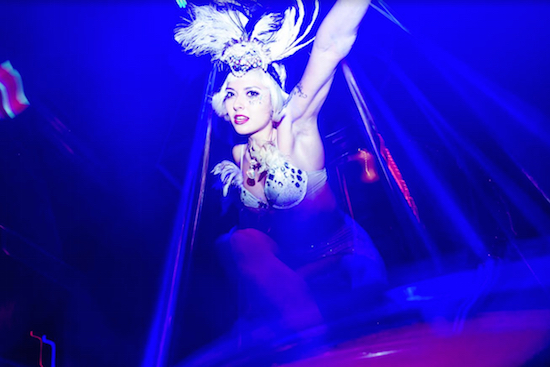Councilmember Espinal calls for ‘Night Mayor’ to protect NYC nightlife

Anya Sapozhnikova, co-owner of Bushwick nightclub House of Yes, says a night mayor would help change the stigma of the nightlife industry into a business that creates revenue, jobs and culture for New York City. Photo by SASHABPHOTO
Mayor Bill de Blasio may soon have to amend his title to “Day Mayor” if legislation proposed by city Councilmember Rafael Espinal gets passed.
Espinal, who represents Bushwick, Brownsville, Cypress Hills and East New York, is currently drafting a bill to create an Office of Nightlife for New York City, which would be led by a “night mayor.”

Brooklyn Boro
View MoreNew York City’s most populous borough, Brooklyn, is home to nearly 2.6 million residents. If Brooklyn were an independent city it would be the fourth largest city in the United States. While Brooklyn has become the epitome of ‘cool and hip’ in recent years, for those that were born here, raised families here and improved communities over the years, Brooklyn has never been ‘uncool’.